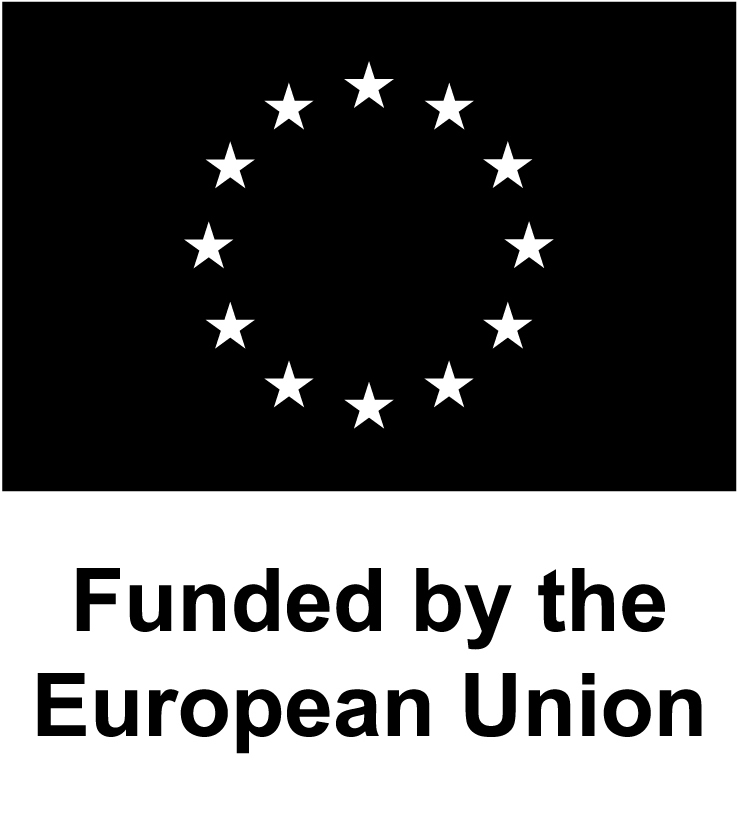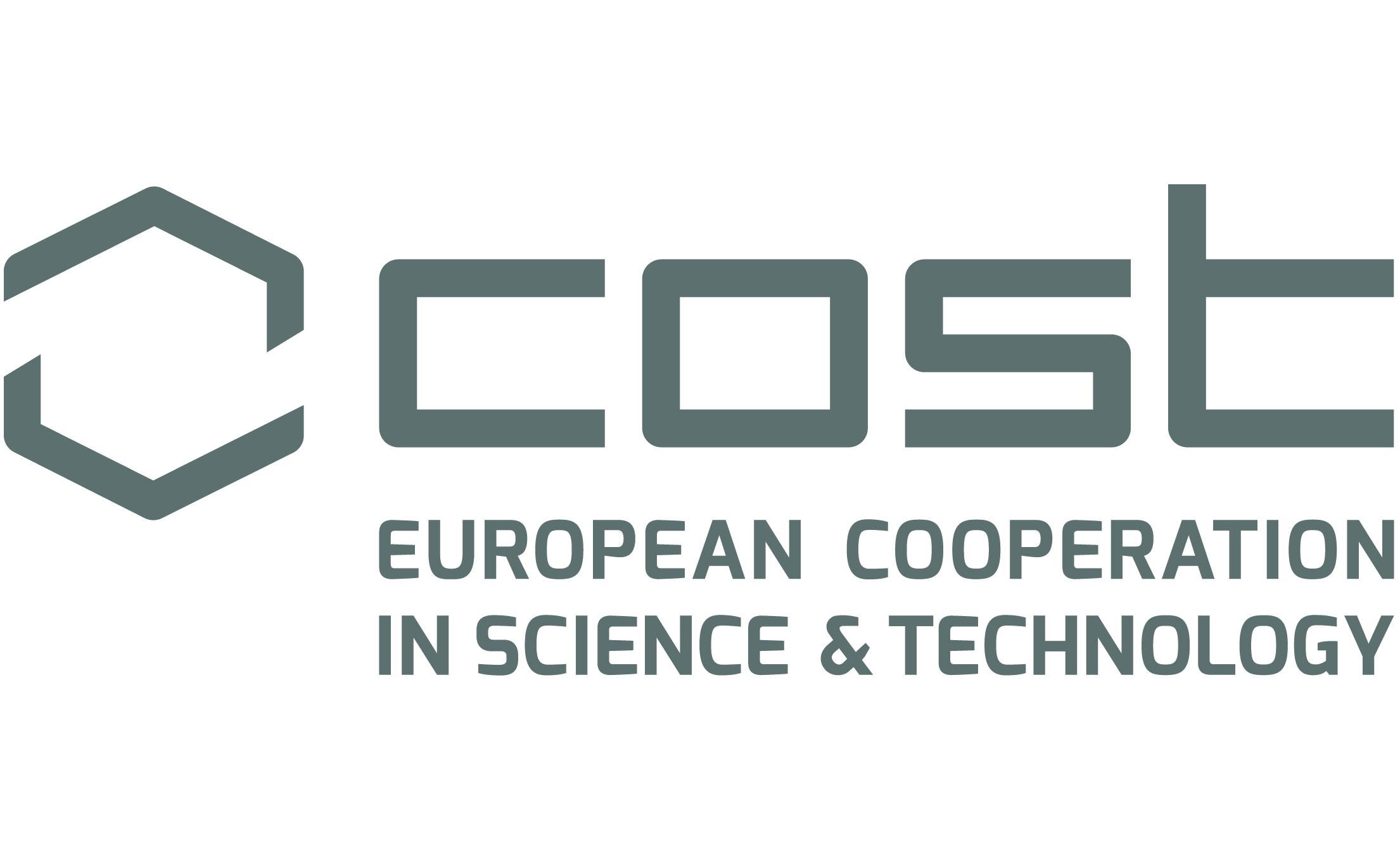
Dr Fatima Mukaddam
Interdisziplinäres Zentrum für Geschlechterforschung (IZFG), Universität Bern (WG 1 – Theory)
Cultural Expertise, Cultural Heritage, and International Commercial Arbitration in Paris
On Friday, 4th October 2024, I had the privilege of attending the workshop on Cultural Expertise, Cultural Heritage, and International Commercial Arbitration in Paris, France convened by Livia Holden and Dina Hadad and funded by COST. The event brought together leading experts to discuss key aspects of cultural expertise such as decolonisation and Indigenous rights in the context of appointing an expert for international commercial arbitration and the restitution of artefacts taken by colonising countries to their rightful homes. These conversations are key to the theoretical framework of cultural expertise and especially relevant within today’s global context, where the legacies of colonialism are increasingly under scrutiny.
The presentation entitled Restitution of Cultural Artifacts by Mathilde Leduc, Curator of the Royal Museum of Central Africa was an opportunity for me to familiarise with the processes through which artefacts could be returned to their countries of origin and how return is connected with justice, history, and ownership. The presentation threw light also on the financial profits that colonising authorities continue to derive from the artefacts of the Global South.
Many European museums still display collections built on the spoils of colonialism, with artefacts that were often forcibly taken from colonised nations. These institutions maintain prestige and draw substantial revenue from showcasing cultural histories that are not their own. As a Muslim woman of colour from the Global South, I find it deeply unfair that we are expected to pay to access museums in Europe that hold the very artefacts of our ancestors. This feels like a continuation of colonial exploitation. Should there not be reparations, or at least some form of compensation, for the countries whose cultural heritage is on display? Should people from these nations not be granted reduced entry fees, or even free access, to view the treasures that tell their story?
The inequity becomes even starker when considering how many individuals from the countries where these artefacts originate may never have the opportunity to see them in person. Travel is a privilege accessible to only a small, elite population. Many people remain disconnected from their cultural heritage, which is housed in institutions thousands of miles away.
As I continued to reflect on these issues, the workshop’s main message became increasingly clear: the theoretical framework of cultural expertise, grounded in decolonial approaches, places the voices of Indigenous peoples and vulnerable groups at its core. These are the very communities that have long been marginalised but stand to benefit most from cultural expertise. Whether in international commercial arbitration or discussions around cultural heritage and restitution, the voice of the beneficiaries—the Indigenous, the dispossessed, the historically silenced—must be central. By doing so, we confront historical injustices and take steps toward a fairer and more equitable future. This point was reiterated throughout the workshop and was crucial in linking the decolonial approach to international commercial arbitration. Much like the restitution of artefacts, arbitration often involves resolving disputes that have roots in histories of exploitation and imbalance of power. The workshop demonstrated that by recognising and centring the voices of the marginalised, we can create a framework that is more just, inclusive, and effective.
In this way, cultural expertise offers a bridge between restitution, international law, and the need to address the global imbalance of power. It suggests that in both legal and cultural spheres, justice cannot be served unless the experiences and voices of the beneficiaries—the people directly affected—are placed at the heart of the conversation.
I want to express my sincere gratitude to the K-Peritia team, particularly Livia Holden and Dina Hadad, as well as the esteemed speakers, including Xavier Philippe, Mathilde Leduc, Giorgio Colombo, Noelle Higgins, and Mathias Audit, for their invaluable contributions. A special thank you also goes to COST for facilitating such an insightful event. This workshop has given me, and I am sure many others, much to contemplate as we work towards a world where cultural expertise can be a powerful tool for justice, equity, and decolonisation.
This output is based upon work from K-Peritia CA22101, supported by COST (European Cooperation in Science and Technology).








